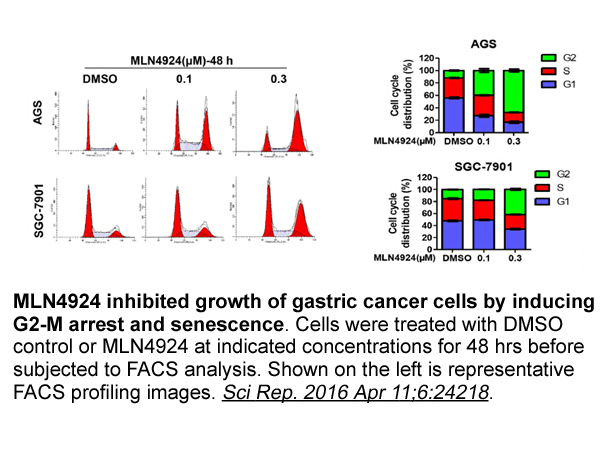Archives
br The global burden of obesity is well documented In
The global burden of obesity is well documented. In 2014, more than 1·9 billion adults were overweight (body-mass index ≥25 kg/m), and more than 600 million of them were obese (body-mass index ≥30 kg/m). Obesity is regarded as a risk factor for many chronic diseases such as cardiovascular disease, diabetes, and musculoskeletal disorders. Populations with undernutrition now also face the paradoxical double burden of malnutrition as a result of increasing obesity prevalence. More than 50% of low-income countries have no recommendations on food and beverage consumption. Together, these factors place health-care systems of developing countries at risk of being unable to respond effectively to the resulting burden of disease.
On March 4, 2015, WHO released its first guideline on sugar intake for adults and children. We acknowledge WHO\'s efforts to emphasise high sugar intake as a risk factor for obesity, dental caries, and non-communicable disease.
Although these recommendations represent progress to address the obesity epidemic, they keap1 nrf2 must be followed up by further action. Evidence of positive results has been noted in countries that have introduced taxation of products high in sugar content, restrictions in marketing and advertising of these products, and voluntary self-regulation by the food industry. However, there is still an unmet need for more comprehensive policy interventions by governments and industries alike.
Lancet Glob Health —In figure 4 of this Article, the island group (known as Santa Cruz Islands) shown in the northern tip of Vanuatu (main ma p and enlargement) actually belongs to Solomon Islands, namely Temotu Province. Additionally, the first name of Lasse S Vestergaard was spelt incorrectly. These corrections have been made to the online version as of June 8, 2015.
p and enlargement) actually belongs to Solomon Islands, namely Temotu Province. Additionally, the first name of Lasse S Vestergaard was spelt incorrectly. These corrections have been made to the online version as of June 8, 2015.
Lancet Glob Health —An old version of the appendix of this Article was uploaded. The appendix has been corrected as of July 14, 2015.
The well known electoral promise from a prominent political figure, “Yes we can”, captured the mood of optimism and hope that followed the inaugural Raffles Dialogue on Human Wellbeing and Security held in Singapore on Feb 2–3, 2015. Two overarching themes informed the deliberations.
First, that it is important to be aware of the key megatrends of globalisation that will affect future human wellbeing: ageing populations, environmental degradation, the increasing role of technology accompanied by diminution of the importance of nation states, growing inequality, urbanisation, and, importantly, the gap that continues to exist between the knowledge that we have and our ability to use it effectively.
Second, and as captured in the notion of planetary health, we need a new paradigm and philosophy for living and for health which places people\'s wellbeing and social justice, rather than diseases and survival, at the centre of the value chain. The future health of civilisations depends on humanity embracing this concept of planetary health which, in turn, strongly emphasises the interdependence and interconnectedness of the risks we collectively face. Achievement of sustainable human development will require a strong social movement based on collective action at every level of society.